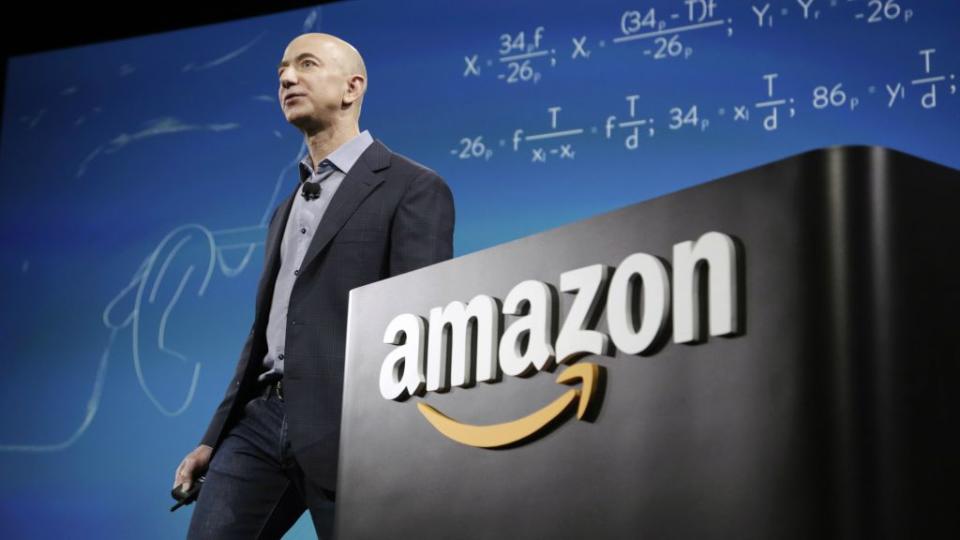Amazon’s foray into supermarkets is a primer for grocery disruption

The undisputed titan of online retailing thinks shopping for food can be a lot more convenient, and is making moves that may one day upend the rote task of buying groceries.
Amazon on Dec. 5 announced that in early 2017 it will launch a physical grocery store in Seattle, Washington, where it is headquartered. In doing so, the company is making good on rumors that circulated in October that it was planning a line of small grocery shops to help supply customers who subscribe to its Amazon Fresh grocery delivery program (think miniature warehouses).
But internal company documents obtained earlier this year by Business Insider suggest Amazon’s enigmatic CEO Jeff Bezos is looking to pick a more aggressive fight with entrenched grocery companies in a bid to sap up customers and reshape the industry.

How? By opening 2,000 brick-and-mortar grocery stores over the next decade, starting with 20 by the end of 2018 in cities such as Las Vegas, Miami, New York, and Seattle, according to Business Insider. It would certainly be a fight. The supermarket business is one of the fiercest in the US, punctuated by markdown wars, and battles over “premiumization” that have pit grocers such as Whole Foods against more traditional brands.
If the online retailer does go all in to the brick-and-mortar market, it would certainly get the attention of its largest rival, Walmart, which has more than 4,600 locations in the US. It remains to be seen whether Amazon could disrupt groceries in the same way it did bookstores, but by building physical locations, the company would undercut one of Walmart’s biggest on-the-ground advantages.
For more than a year Walmart has used many of its stores as grocery pick-up zones to compete in the online ordering business. It currently offers free, same-day curbside grocery pick-up at around 400 locations in the US. And the company early this year spent more than $11 billion to try and evolve—giving its website a facelift and remodel existing locations, among other things. Keeping up might get tougher if Amazon tries to shoehorn itself into the same space. Already the online retailer is looking to eliminate the need for physical cashiers at checkout lanes, and it remains a domineering force for fast delivery—having brick-and-mortar facilities will only make it better at reaching customers quickly.
Of course, it is worth noting that many Walmart locations carry more than groceries, making it a one-stop shop for its customers. Amazon may have trouble competing in that arena if it only offers groceries.

Sign up for the Quartz Daily Brief, our free daily newsletter with the world’s most important and interesting news.
More stories from Quartz:

 Yahoo Finance
Yahoo Finance 